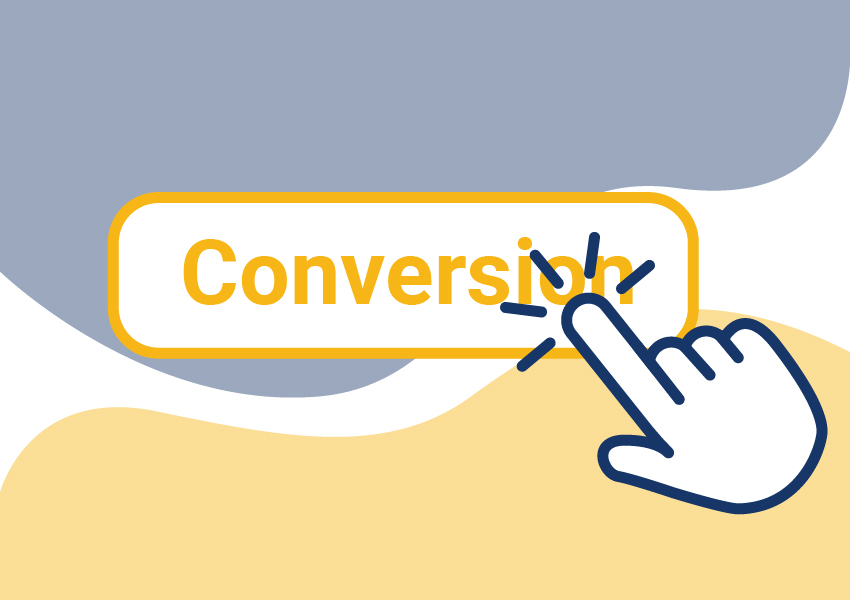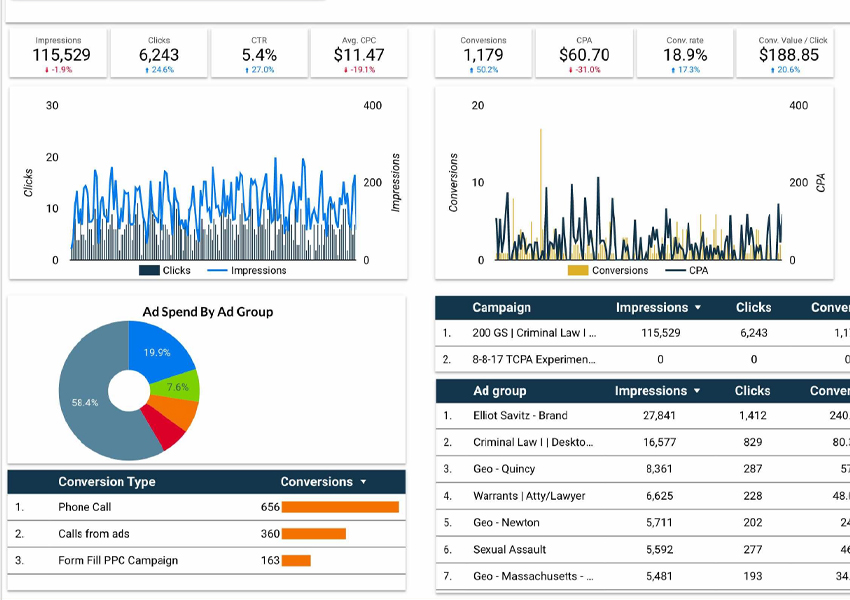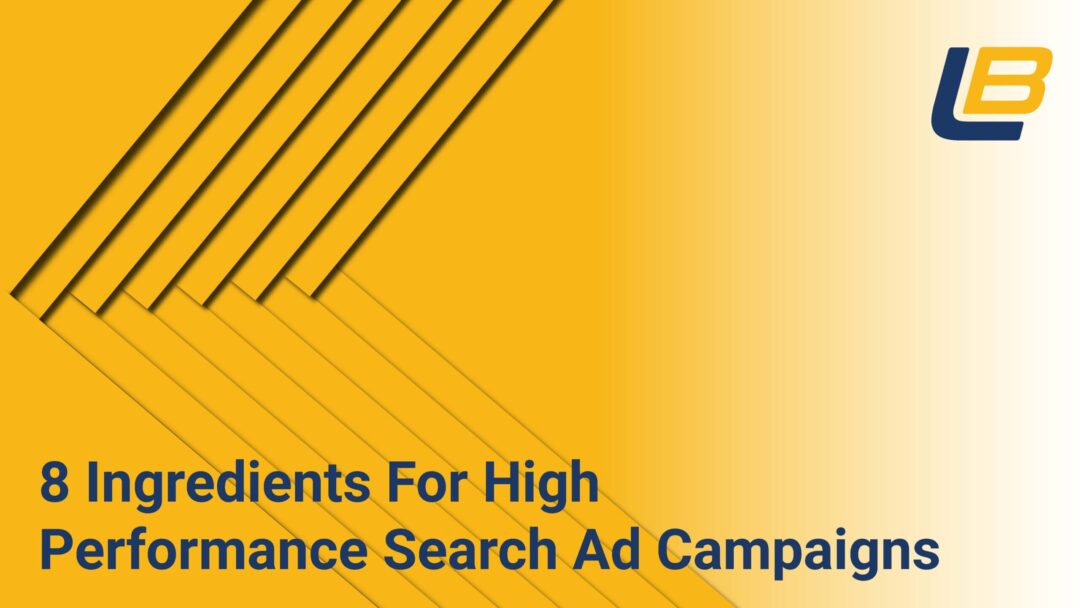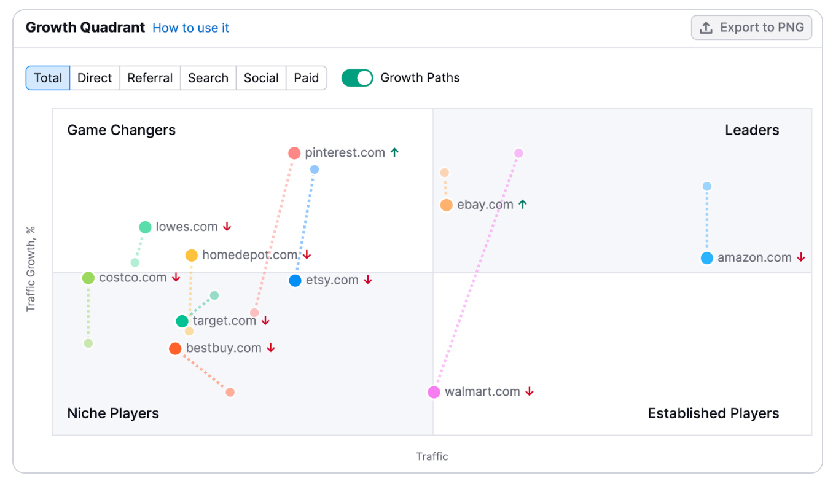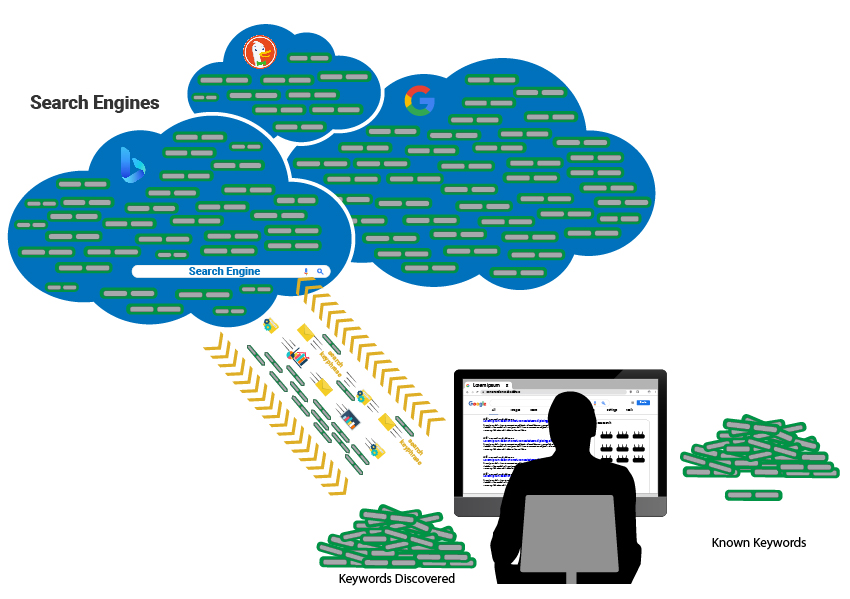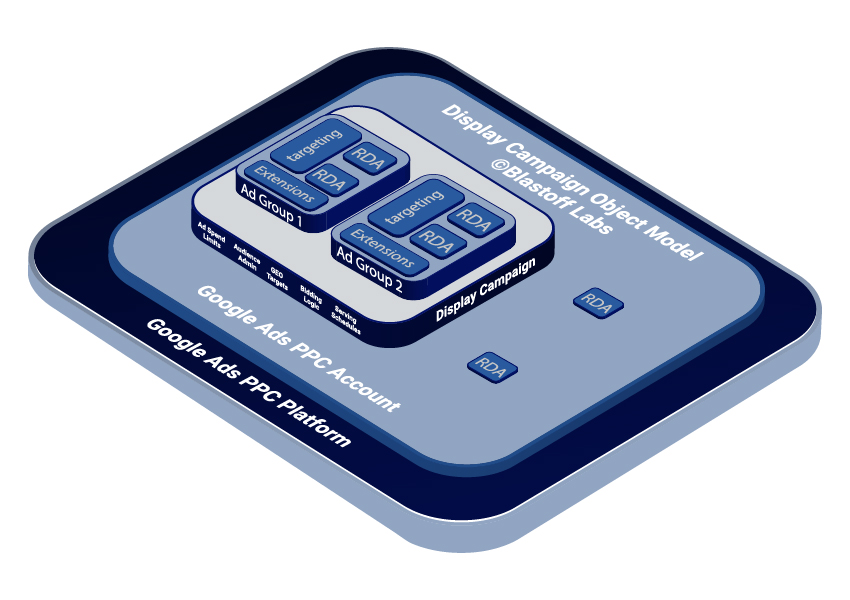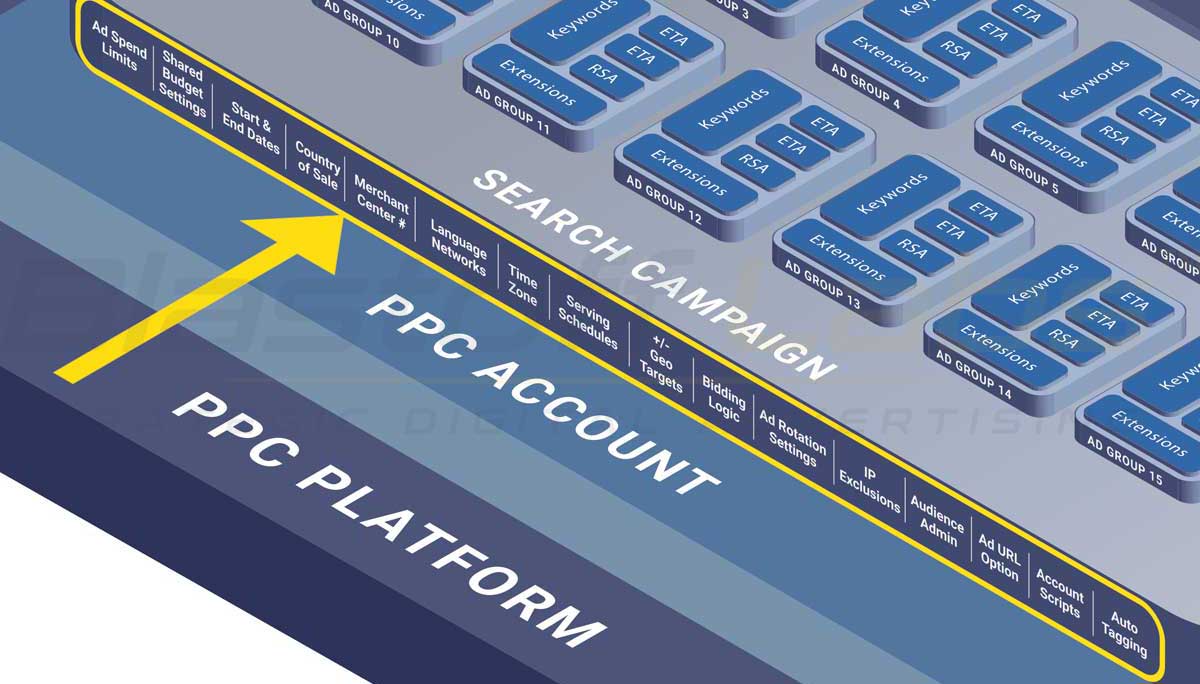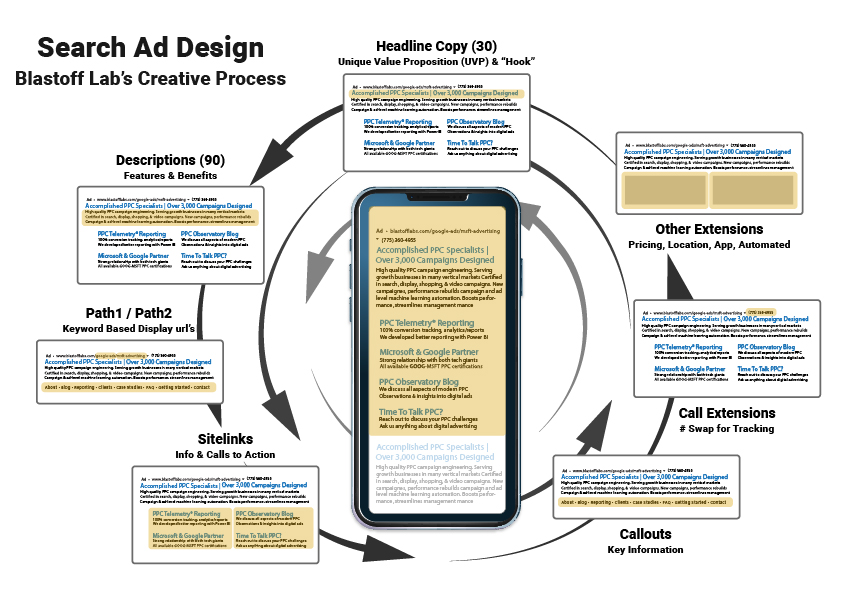Conversion Value Setup For Search Campaigns
Whether a search campaign is for lead generation or eCommerce, each type of conversion needs to be assigned a value. Here, we are focused on lead generation campaigns, which include the majority of search campaigns. For example, advertising a service business where leads (sales inquiries) are handled by a sales organization. We have a separate article about this topic for e-commerce search campaigns. By assigning a conversion value, we are able to measure the two most important metrics for a search campaign: 'return on ad spend', and 'advertising margin'. Even more importantly, we are able to inform the automated bidding system in relative terms how valuable a conversion is. So the automated bidding will be more aggressive in bidding for more valuable conversions.

